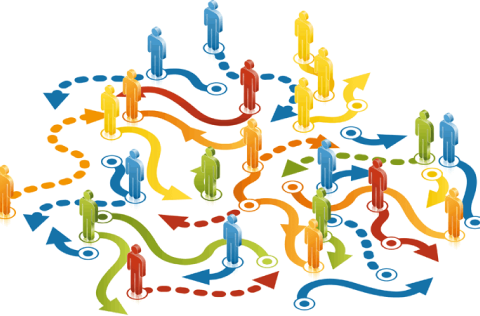
Why Does Change Make People Angry?
A very common human response to change is anger. Whether it’s a personal change or organizational change…anger. Why is that?
Some will ask, “Why didn’t I know sooner?” Or, “Why wasn’t I consulted?” And we think that is why they are mad. Others don’t like the new direction, decision or position. And we think that’s why they’re angry. And, all of this is a part of the picture.
But the core reason that people feel anger during times of personal and professional change is fear. Beneath anger, especially in men, you will usually find fear and insecurity.
The questions we ask during change are fear questions.
- What will this mean for me?
- Will I come out OK?
- If we move to a new city, where will we live?
- Will I still have a job?
- Will I have a lower job?
These are fear questions based around self-preservation and “what if…” thinking. Yet only the smallest minority of people remain in fear mode. Instead, we quickly and automatically go into our ancient ancestral pattern of fight or flight. In other words, get angry and aggressive or simply run away (I quit).
As leaders, we must understand ourselves and how our teams will almost invariably respond to change and help them move from their limbic brain (the reactive part) to the neocortex (the rational part). We do this by listening and empathizing until the rational part of their brain begins to take over. Then and only then can the individual begin to work their way through the challenge.
